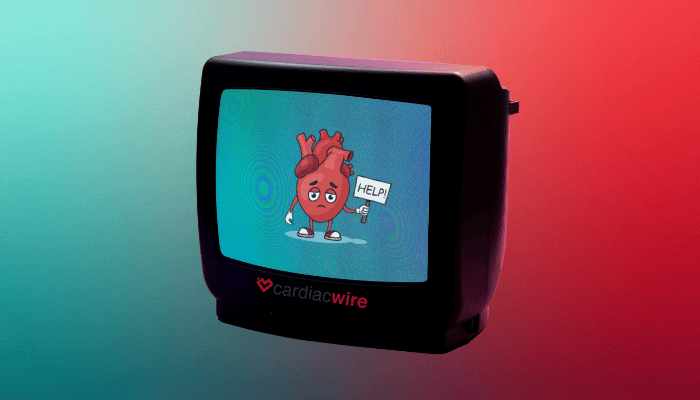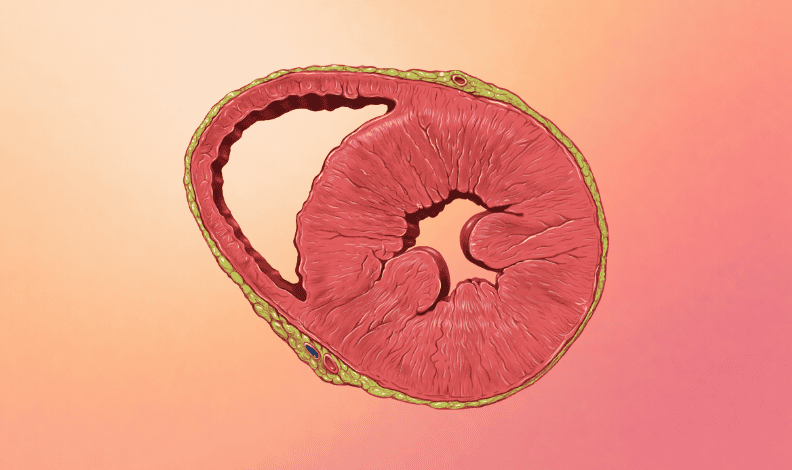Many arrhythmia patients take a trip to the cath lab before they end up in the EP lab, but a pair of new studies suggest that many of these “risk management” cath lab procedures are unnecessary – and might even increase risks.
PCI Before ICD – Patients with ischemic left ventricular dysfunction often undergo PCI procedures before receiving implantable cardioverter defibrillators (ICDs) based on the belief that it reduces the risk of fatal ventricular arrhythmias. However, an AHA study using data from the REVIVED-BCIS2 trial suggests that this step might be unnecessary.
Researchers analyzed 700 patients in the UK who either underwent PCI with optimal therapy or only received optimal therapy over a 41-month median follow up period, finding that…
- The PCI and optimal therapy groups had comparable rates of all-cause death or aborted sudden death (41.6% vs. 40.2%) – the primary outcome
- The two groups also had comparable secondary outcomes related to mortality, arrhythmias, or ICD therapies
This is a study that could (and maybe should) lead to guideline changes, noting that current guidelines recommend waiting 90 days after revascularization before making ICD decisions.
Exams Before Monomorphic VT – A JACC study stated a solid case against performing routine exams to rule out CAD or ischemia as the cause of patients’ monomorphic VT storm before sending them in for ablation – a conclusion that might be more obvious to EPs than other specialists.
The analysis of 97 Cleveland Clinic patients with monomorphic VT storm and no acute coronary syndrome found that…
- 45% underwent ischemic or coronary evaluations via: coronary angiography (10%), noninvasive myocardial perfusion (26%), or both (9%)
- Patients who did and didn’t undergo CAD/ischemia tests had no significant differences in short-term ablation efficacy and outcomes, or 2-year revascularization and mortality rates
The study’s message for non-EPs who often make these evaluation decisions is that routine testing for CAD or ischemia on patients with monomorphic VT and no ASC doesn’t improve ablation effectiveness, but they can delay care and increase risks.
The Takeaway
Although the patients and procedures evaluated in these two studies are quite different, they both suggest that angiography and PCI might play an unnecessarily large role before common EP procedures – potentially increasing healthcare costs, care delays, and risk of adverse events.





